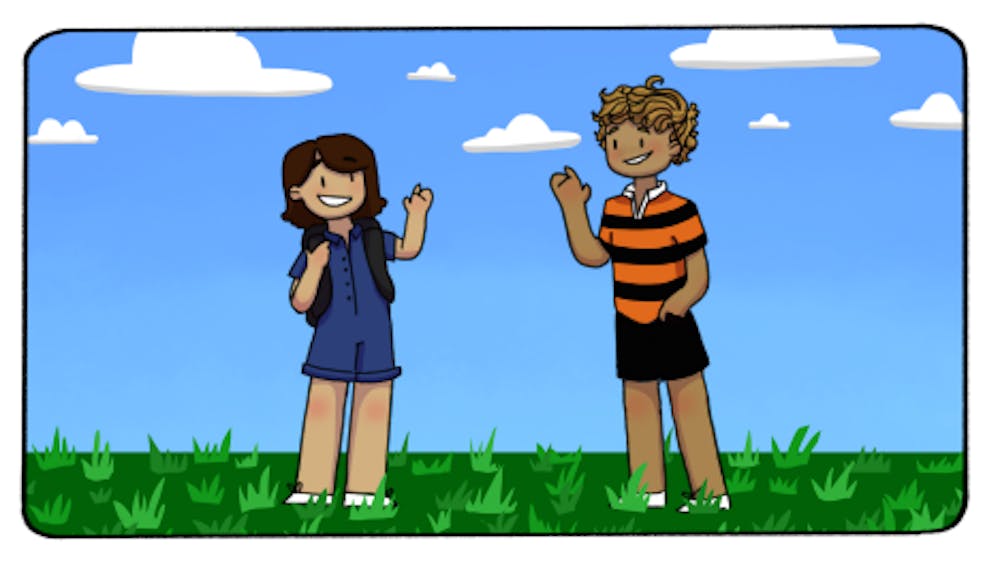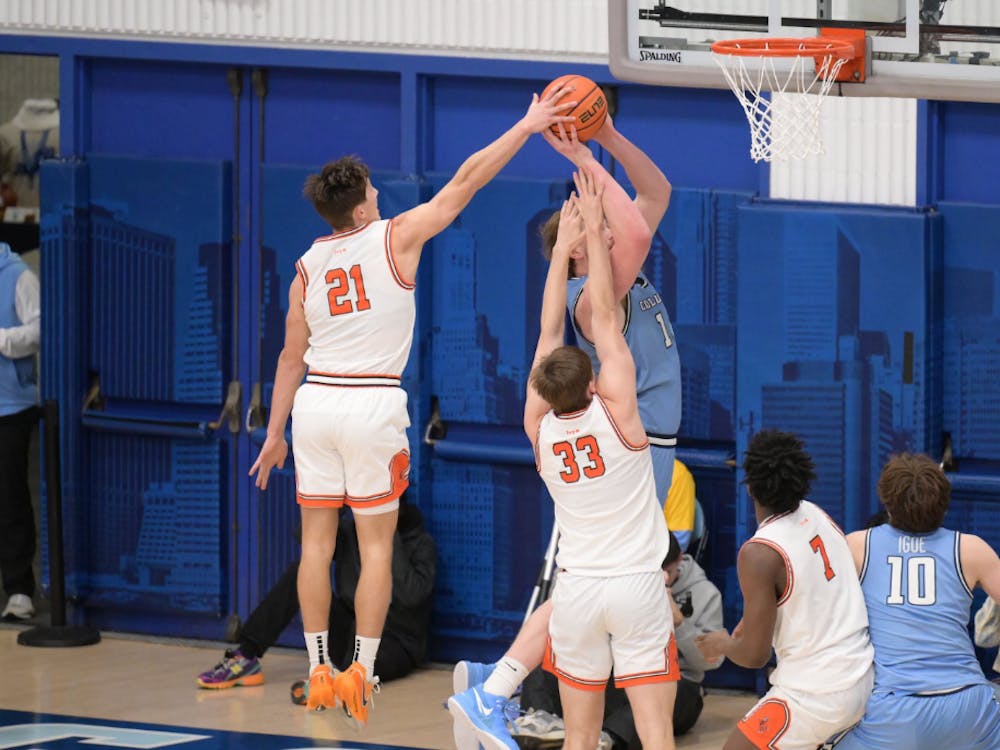The FitzRandolph gates have just welcomed a new batch of first-years, and that knowledge, juxtaposed with the difficult-to-swallow fact that I’ve spent roughly 14 percent of my life as a Princeton student, has prompted me to reflect on my time here. In my three years as a Princetonian, I’ve learned many valuable lessons which I undoubtedly would’ve benefitted from hearing prior to embarking on my journey in Jersey. In the sections that follow, I proffer the most relevant ones in what I hope is the least pithy manner possible. While this article is geared toward the fresher faces on campus, it also contains practical reminders for those who have been here longer — myself included.
Lesson 1: Princeton is hard
You likely have an idea of the rigor the University has in store for you. But at some point — after a long night of studying or receiving a disappointing grade — you’ll realize, “Oh. Princeton is hard.” In that moment, you might feel a little silly (of course Princeton is hard! It’s an Ivy League school, after all!), but give yourself some credit. “Rigor” has just gone from a vague notion to a veritable challenge and has met you for a one-on-one fight on the ground floor of Firestone. Naturally, it’s going to be disorienting. That’s okay. You’ve proven in the past that you’re capable of doing difficult things and, though it might not feel like it in the moment, you’re also capable of handling whatever punches Princeton throws at you.
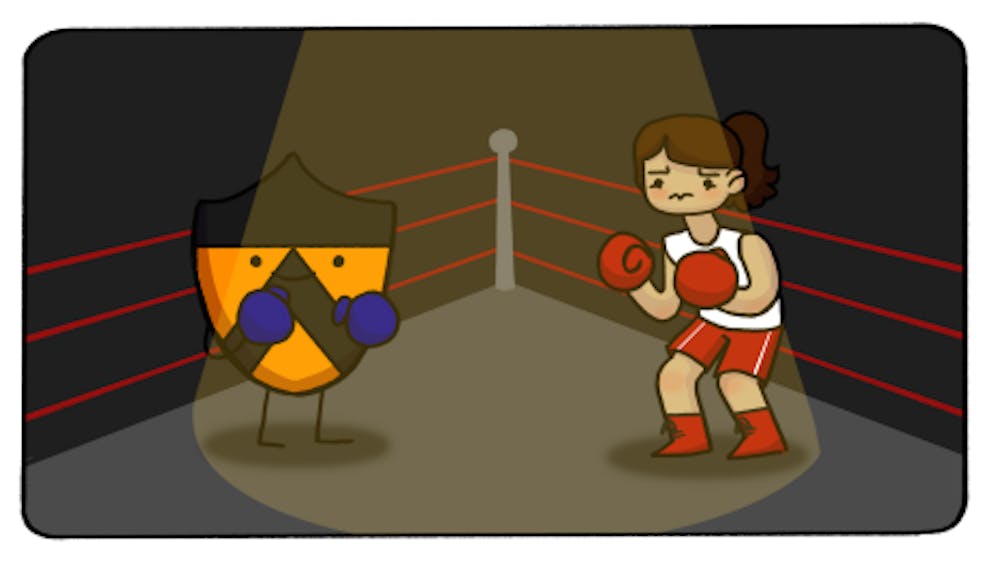
Credit: Elizabeth Medina / The Daily Princetonian
Lesson 2: Congrats, you’re not just a tiger, you’re a duck now too.
If you haven’t already heard the “ducks in a pond” analogy, it goes something like this: viewed from above water, a duck appears to glide effortlessly across a lake. Peer beneath the surface, however, and you’ll find that the duck’s movement is anything but effortless, paddling furiously to stay afloat. At Princeton, there will likely be times in which it feels like you’re throwing everything into just trying to stay afloat while those around you glide with ease. Perhaps it will seem like others understand things faster than you, have better intuition, or are just able to flat-out do more than you can (props to anyone taking six classes). But talk to a few folks and you’ll see that you’re not the only one engaged in a battle with Princeton’s rigor. Turns out, the struggle bus is full of ducks, and often these ducks will support one another once they realize they aren’t riding solo. To that end, talk to others and find yourself a bus-buddy or two.
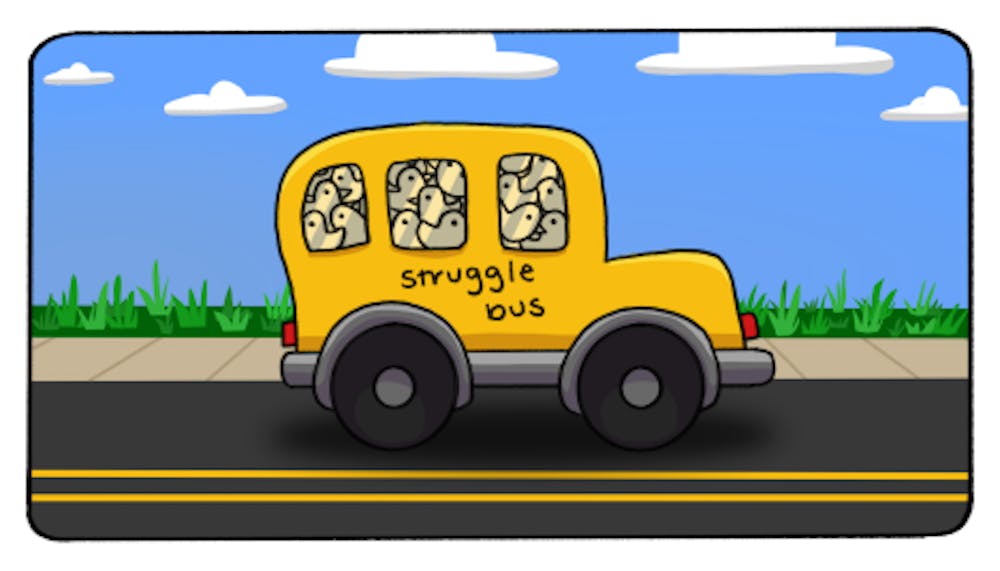
Credit: Elizabeth Medina / The Daily Princetonian
Lesson 3: You’re here to learn. Go figure.

Princeton is full of high school valedictorians, salutatorians, and high achievers from all over the world, so you’re going to be surrounded by a lot of folks who are highly experienced. At some point you might look around and realize that you may no longer be the biggest fish in the sea. When that sinks in, remember the following.
First, just because other people are smarter or quicker than you doesn’t mean you’re not smart. You’ve already shown you’re capable of doing hard things. That’s how you got into Princeton!
Second, you're a student, which means you’re here to learn. If you already knew everything, why would you be here? It’s your job to ask questions when you don’t understand something, even if a question seems facile or if you’ve already asked it once, twice, or twenty times before.
You'll adapt to this new norm, and the best advice I can provide on how to “get used to it” is this: stop taking your intellectual temperature. Learn to recognize when you’re comparing your intellectual capabilities to those of your peers and take a step back when you catch yourself doing it. The only person you should be comparing yourself to is your younger self. You’ll get a chance to see how much you’ve grown, which will remind you to be proud of the hard work and effort you’ve put in to get to where you are.

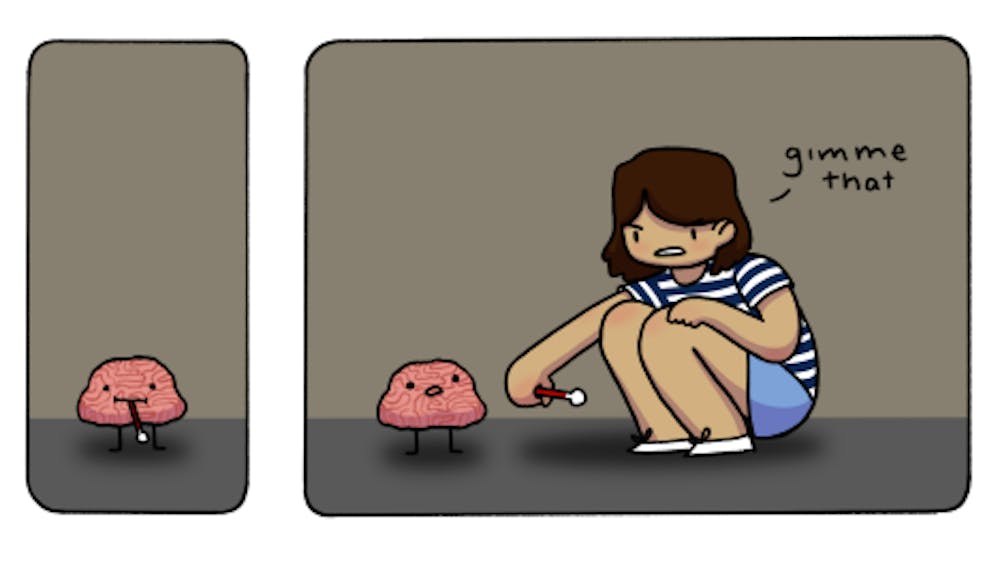
Credit: Elizabeth Medina / The Daily Princetonian
Lesson 4: Do or do not, because you can’t do it all.
Princeton boasts a slew of communities, activities, classes, and resources that can help you express yourself intellectually, politically, spiritually, artistically, socially, and athletically. As such, I encourage you to explore all the activities that interest you even slightly, regardless of whether you’re a beginner. Do keep in mind, however, that you can’t feasibly do everything and that, as much as you might want to, you can’t give your 100 percent to all of your pursuits. As a friend once told me, we always end up getting less done than we want to, and that’s okay.
Two pieces of advice here to keep you from chronically overexerting yourself as you explore. Firstly, it’s perfectly fine, and arguably mature, to say no to taking on new responsibilities or activities, or to try them out and drop them if you discern that you lack the time, interest, or passion to commit. This can apply to classes or clubs, but regardless, be transparent and communicate with the appropriate parties. Secondly, ask yourself what it is you’re trying to get out of the activities you’re partaking in. Are you joining the orchestra because it’s been part of your identity for years, or because you’re shooting for first chair? Are you taking a philosophy class to fulfill a distribution requirement, or because you want to be able to hold your own in a discussion with your friends about metaphysics? Give yourself the flexibility to change these goals throughout the semester or throughout your time at Princeton. Maybe you’ll join the taekwondo team as a way to stay fit, but will become interested in competing a few months in. Or perhaps you’ll enroll in a COS class so you can learn how to make an app, but will find that you’re content just knowing how a for loop works.
As you spend more time here, you’ll get a better sense of your priorities and of how much effort you need to devote to things in order to feel adequately fulfilled. Until you gain that sense, however, remember that you’re always going to be learning. The concepts you don’t fully grasp or those skills you don’t perfectly hone today will come up again later, whether in a future class, in a random lunchtime discussion, in a book you’ll read, or in another performance or tournament you’ll find yourself in. When these do come up again, due to everything you will have learned in the interim, you’ll be able to make connections that you previously weren’t able to make. You’ll learn and understand things a little bit better, and the next time you encounter them, you’ll learn and understand them further. All this to say that it’s okay if you don’t hit the nail right on the head today. Do your best, but know that you’ll get multiple chances to strike it.
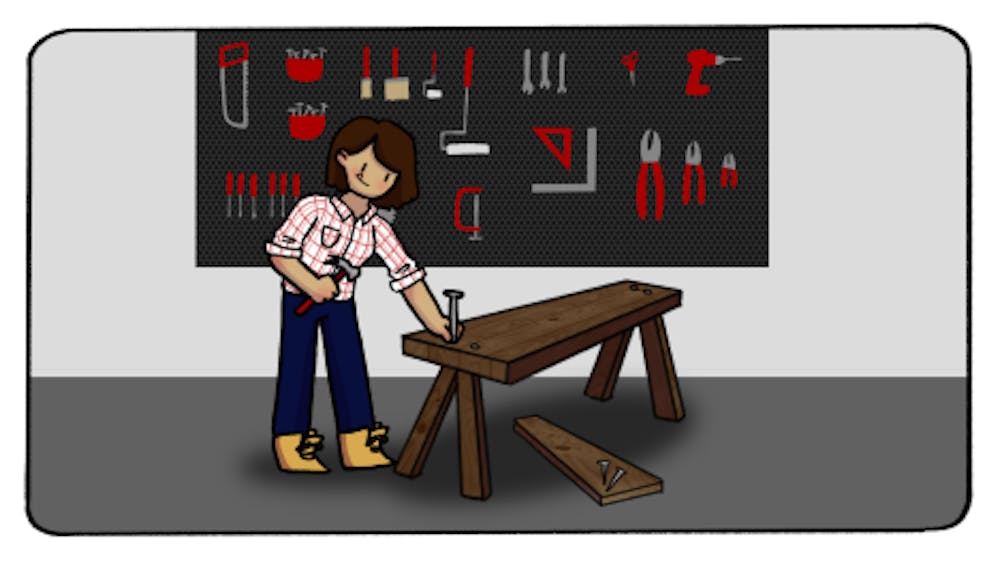
Credit: Elizabeth Medina / The Daily Princetonian
Lesson 5: Princeton people are pretty neat (that includes you).
Princeton is brimming with talented, passionate, and intelligent human beings, so take advantage. Talk to your professor about their research; ask your graduate student TA about their path to Princeton; ask your classmate whether they’d be willing to teach you to play their instrument; inquire about why your roommate finds their major so exciting; ask to read some of the writing samples your club mate casually mentioned they had written in their spare time. And don’t stop there. Cold email the student whose video you found enlightening and well-directed, even though you’ve never met them; go out of your way to inquire how long the person practicing sign language in Murray-Dodge has been taking ASL classes; ask the person playing the piano in the common room if they wouldn’t mind you sitting by and listening in while you work. Reach out to people. Learn from them. Gain new perspectives. You’re surrounded by so many great minds and hearts. Get to know more than a few. I promise you won’t regret it.
I want to make it explicit that while Princeton is hard, it’s also incredibly fun. Relish the little things: stop by Murray-Dodge for freshly baked cookies, relax by the SPIA fountain when it’s warm, admire the beautiful architecture around campus, hang around Prospect Garden to glimpse a bunny or two, or head up to the reading room at the sixth floor of Firestone. Grab some friends and enjoy slightly bigger things: go for a picnic, plan a weekly group dinner, watch one of Princeton’s home games, support a friend at her performance, head out to the Street, or take a day trip to NYC. Make memories and enjoy your time here!
Ultimately, Princeton accepted you for more than just your grades and the school would be worse off if all you did was grind. So don’t forget to be creative, athletic, political, spiritual — everything that makes you who you are. Be a fighter. Be a duck. Be a student. Be a human. But most importantly, be you.
Elizabeth Medina is a senior cartoonist for the ‘Prince.’ She can be reached at pemedina@princeton.edu.





